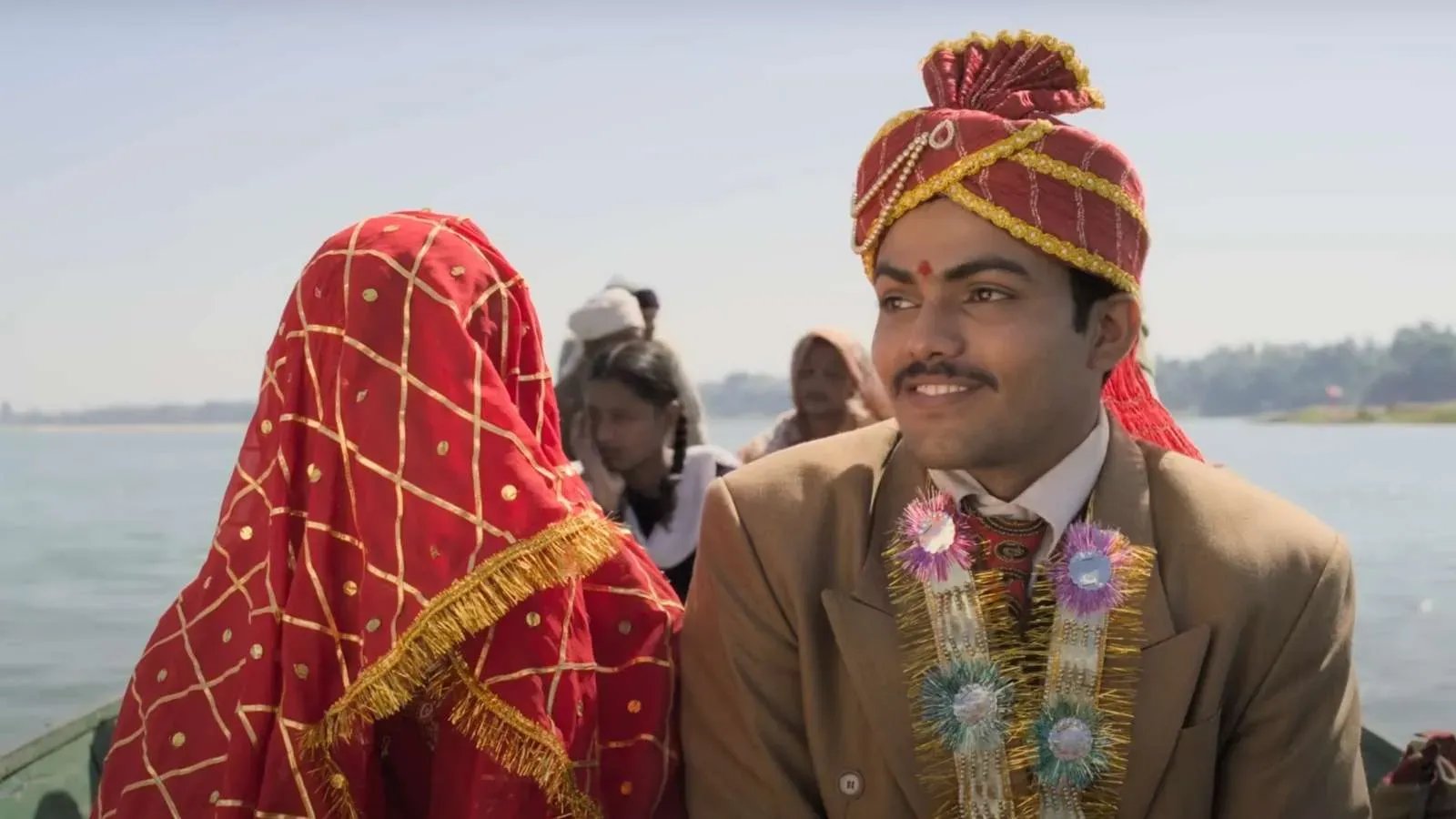
Laapataa Ladies (2024) — Movie Review
- Dec 12, 2024
Kiran Rao, known for steering the popular storytelling part of Bollywood, is back with her visually gripping film, "Laapataa Ladies" (also known as "Lost Ladies" in some regions). The movie merges both literal and metaphorical elements in a mesh of deep and broad social messaging, creating an appealing blend of comedy and drama that underscores human goodness.
In this cinematic endeavour, Rao reunites with the world of directorship after her 2011 heart-wrenching Mumbai-based film, "Dhobi Ghat." "Laapataa Ladies" strikes a different note with its lively score composed by Ram Sampath, propelling the film's humorous undertones and driving the narrative forward.
A string of amusing circumstances arising from a case of mistaken identity sets the plot in motion. The mismatch happens on a train amongst two newlywed couples - Deepak Kumar (played by Sparsh Shrivastava) and Phool Kumari (portrayed by Nitanshi Goel), and Pradeep Singh (Bhaskar Jha) and Jaya Tripathi (Pratibha Ranta) - compounded by identical red veils worn by the brides and traditional instructions, which made the brides and grooms unrecognizable to each other.
Set against the backdrop of 2001, the characters face challenging communication hurdles due to the absence of modern technology. While Deepak unknowingly brings the veiled Jaya to his family, believing her to be Phool, the lost Phool finds herself amid free-spirited strangers who live alone, including a forthright cook at a local eatery.

Many comic occurrences ensue as Deepak starts looking for Phool, and Jaya, who tells Deepak's family that her name is Pushpa, disrupts their plans. The movie uses these comical mishaps to comment on gender norms that were prevalent during the period, which restricted women and reduced their identities to an interchangeable entity.
Despite the film's frequent shifts between different anecdotes, the narrative flows smoothly, both reducing repetition and serving an engaging dialog. While the editing somewhat disrupts the continuity, the endearing performances of the lead actresses and their profound influence on each other's lives significantly compensate for it.
Sneha Desai's screenplay effectively addresses the conventions tied to women's roles and Hindu bridal practices. Albeit, the tangible portrayal of social and financial burden women faced during that time is less noticeable, reducing the characters to passive spectators to the cultural norms. Nevertheless, the concinnity of the film and Rao's knack for lively interaction between her characters has made "Laapataa Ladies" an effervescent and successful piece of work.







